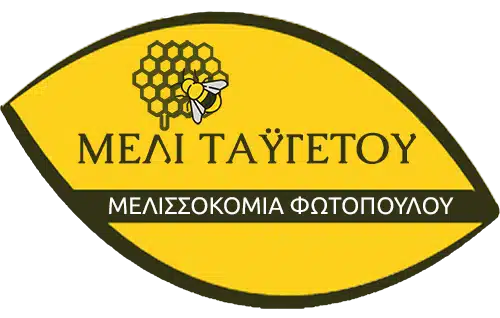Eyes: 100 years ago Professor Hauser considered honey an excellent remedy for eye burns. Today, following the advice of a specialist doctor, it can be used to treat eye diseases.
Stomach diseases: it limits the secretion of gastric fluid and reduces its acidity resulting in the treatment of gastrointestinal diseases resulting from increased secretion of gastric fluids.
Liver: the glucose contained in honey increases glycogen reserves in the liver and contributes to increasing the body’s resistance to infections.
Kidneys: honey, due to the glucose it contains, contributes to the rapid elimination of many useless materials from the blood and tissues. It has a clear diuretic effect and thanks to its antiseptic properties it reduces the bacteria in the bladder.
Heart: the heart, working continuously, needs energy in the form of glucose. Honey contains glucose and therefore helps and enlivens the heart.
Respiratory tracts and colds: honey inhalations were known in ancient times. Its vitamin C content helps fight colds.
Insomnia: one full teaspoon in warm water and… good night. The miraculous glucose again, and not only that, soothes and calms the whole organism.
Skin: Are you hurt? Add honey. Its presence on the wound leads to an increase in glutamine, which plays an important role in the body’s reparative processes, while it stimulates cell growth and division, resulting in wound healing.
Honey and sports: in ancient times, before entering the track, athletes ate honey, because they considered it rejuvenating for the body. But even today it is a basic element of the diet of sportsmen and women.
Honey and child: after mother’s milk, honey is the one that has a beneficial effect on the child’s development. It protects his teeth, disinfects the oral cavity, increases blood cells and the percentage of hemoglobin resulting in the treatment of anemia, helps in better absorption of calcium, good functioning of the stomach and intestines, makes children strong. To teach our child to eat honey and not sugar, after what we said above, one could say that it is an act of love.
Honey and longevity: scholars and doctors, both in antiquity and today, agree that honey is a factor in longevity. The ancient philosophers, such as Pythagoras, Democritus and others, lived to a very old age and it is no coincidence that honey was an essential part of their diet.
With what was mentioned above, the nutritional importance of honey is demonstrated. So should we include honey in our daily diet? The answer is a resounding yes. And how much honey should one eat? Two tablespoons, even in combination with pollen, one in the morning and one in the afternoon dissolved in warm water, is filling, refreshing, strengthens our immune system and keeps us healthy.





